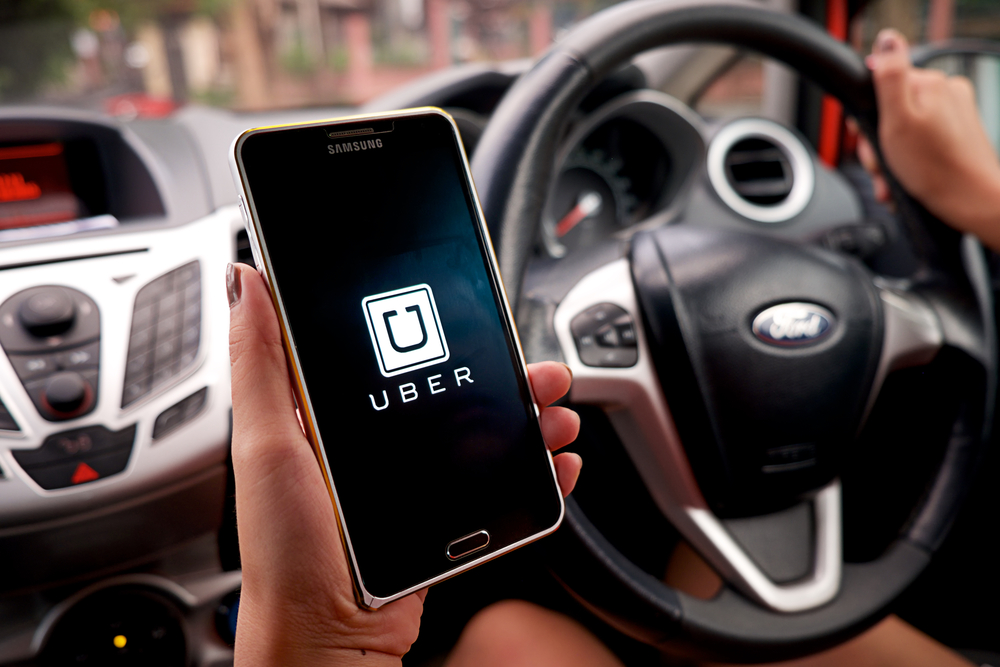For the past few days, you might have heard about some controversy surrounding the ridesharing company, Uber, and one of the titans for personal and mobile computing, Apple. Apple’s Tim Cook personally met with Uber’s CEO, Travis Kalanik, to discuss the situation and verbally reprimand him. The drama played out on a very public stage, and Uber got scolded pretty harshly. How investors and consumers will react to this is yet to be seen, early indications do not look good for Uber.
What Actually Happened?
Let us break down exactly what happened to get Uber to a point where it may have damaged itself for the foreseeable future. The ridesharing company attempted to curb a specific type of fraud in China where the abusers would load up rides on stolen credit cards, then wipe the phone, only to repeat the process. It is understandable that Uber would want to discourage and stamp out such a type of fraud. However, the way in which they went about this is what caused the brunt of this controversy.
Uber’s attempt to tackle this fraud meant that they were in flagrant violation of Apple’s App Store Terms and Conditions. Since 2012, Apple has disallowed apps that collects Unique Device Identifiers (UDIDs) and other information that tracks devices. Uber’s folly, then, was that their hopes of catching and preventing the type of fraud mentioned above requires the collection of such kinds of data. Considering that Uber said such a strategy was a “…typical way to prevent fraudsters” from loading the Uber app and credit card information onto stolen devices then racking up expenses and resetting the phone, you might think that Uber had just made a massive mistake; That this was just some sort of needless oversight that some contract lawyer should be fired over.
However, their violation of the rules appears to have been very well known to Uber. Considering that they chose to hide the fact that they were running this code from Apple, I would say they were well aware of what they were doing. Generally, mistakes are not intentionally hidden in real time. I am not sure what Uber should have done to address their fraud issue, but I know that they definitely should not have gone about it this way.
The Price of Breaking the Rules
From what we can gather in the public sphere, Uber is feeling -at least- some short term ramifications. Its private stock has taken a hit due to this and other scandals that the company cannot seem to shake. Apparently shares may have fallen up to 15%, which is no joking matter, considering that may translate to about $10 Billion Dollars.
It’s rating in Apple’s App store also is a good indication about how the public is feeling about this -and other- uber scandals. The current version of Uber’s app sits at a lowly 2.1 out of 5 stars. While that rating is subject to many different factors, we can assume that the most recent quarrel between Apple and Uber may play some role. This is especially true considering its direct competitor’s, Lyft, comparatively high rating at 4.3 out of 5 stars. Again, I realize that these two apps have different numbers of reviews and so forth, but the difference is just too drastic in my opinion to overlook.
In short, Uber got caught breaking the rules in a fairly interesting attempt to prevent fraud. How their users, shareholders, and affiliates will react is still unfolding, and the action may just be starting.
If you liked this article, follow us on Twitter @themerklenews and make sure to subscribe to our newsletter to receive the latest bitcoin, cryptocurrency, and technology news.

